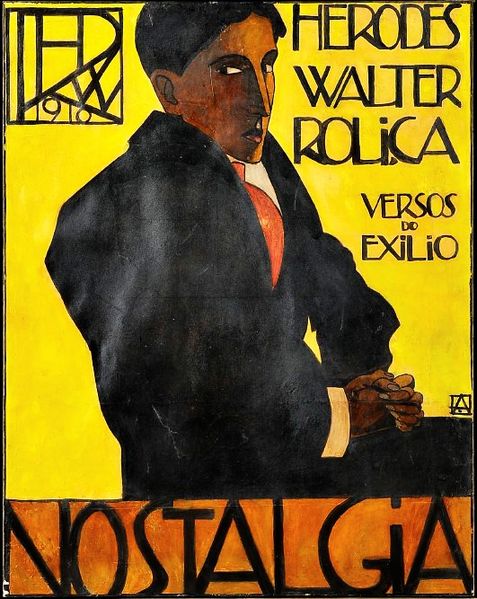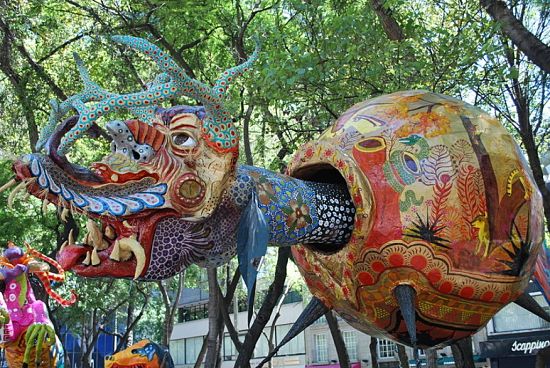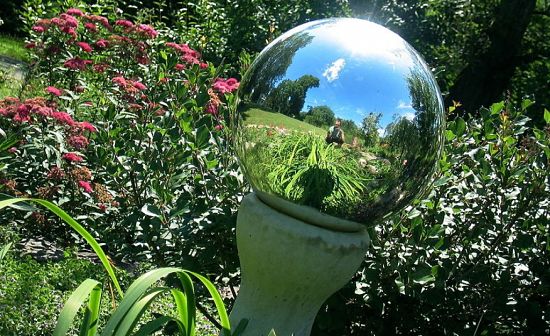The Unknown Benefits of Nostalgia and Reflection on the Past
Nostalgia was originally regarded as an affliction suffered by soldiers tired of war and wanting to go home.
The term is derived from two Greek words: 'nostros' homecoming, and 'algos' meaning pain.
However, it is often misunderstood and can be beneficial, rather than harmful when taken in small doses. Looking back occasionally, and reflecting on things, can reaffirm your roots and connections.
It can make you feel good about your relationships and your life as it is now.
It can provide a texture and context for your current circumstances and can give you the strength of purpose and resolve to move forward and make progress. It all depends on how you view the past.




Pros for Nostalgia
Some of the other benefits of healthy nostalgia are:
- It counteracts anxiety, boredom, lack of purpose and loneliness
- It fosters a change of attitude that is more generous and welcoming of strangers and greater tolerance.
- It helps couples develop closer relationships as they share reminiscences and nostalgic memories
Cons for Nostalgia
- Nostalgia is often two-faced and is a bittersweet emotion that can cause joyful and painful feeling very close together.
- Sometimes it pays to work through the pain or to pile up the good and bad things to develop an overall assessment.
- Nostalgia and reflection can be risky but it can have many rewards in providing more meaning for life and seeing it in all its fullness.
- In a sense it fills out all the pages of your life's story and all your memories. But you need to open the book.
How Often Do People Feel Nostalgic and What Triggers It
Most people, when asked say they feel nostalgic at least once a week and 50% of people experience it 3-4 times a week.
Research studies have shown that positive responses generally outnumber negative ones.
Making people sad by showing them depressing disaster scenes, or inducing people to feel bad about themselves, did tend to induce nostalgia, most of which was negative. However when your nostalgia stories start off being negative, they can be flipped around by a close friend who knows your past and can recall positive things to counteract the gloom. There are many sides and perspectives on past events. The trick is to be able to see the context and range of possibilities.
Researchers found that the fastest way to trigger nostalgia was through music, which has become a favorite tool of researchers. This applies to both positive and negative nostalgia.
Many people are afraid be nostalgic because it could remind them of their failings. So they don't want to recall them. However researchers have found that people who experience nostalgia frequently tend to develop a healthy sense of continuity about their lives, rather than emphasizing the break-points or the negative thing. Resisting the urge to look back an review may be denying a good opportunity to learn from the past.
Nostalgia done regularly can remind us that we are cherished and valued people, who live meaningful and rewarding lives that continue on from the journey of the past. It provides a link and connection and a continuity with the past.
One lesson to learn is to avoid the comparisons between the past and now. Almost inevitably we forget the bad things in our memory and always conclude with 'those were the good old days'. In may ways the comparison is impossible because the context, personalities and personal views about yourself have changed so much. Comparison-free nostalgia can be learned and is very valuable.